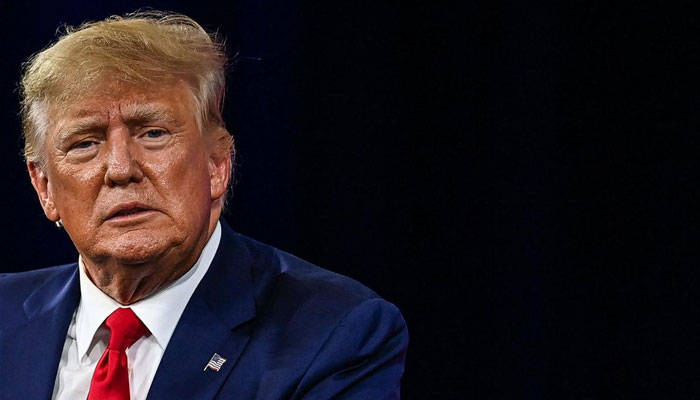Trump faces espionage act charges: What you need to know

Confronted with serious legal challenges, former US President Donald Trump is facing 37 criminal counts, including 31 violations of the Espionage Act for the unlawful retention of sensitive national defense records.
The Espionage Act, enacted during World War I, criminalises the mishandling of government records related to national defense. The Espionage Act has historically been used to prosecute individuals who deliberately harm the country or provide information to foreign powers.
However, Trump's defense argues that he should not be charged as a spy, as no evidence suggests he engaged in such activities.
"You may hate his guts, but he is not a spy; he did not commit espionage," said South Carolina Republican Senator Lindsey Graham.
Florida Republican Senator Marco Rubio echoed that defence, saying Mr Trump did not conspire with America's enemies to harm national security.
"There's no allegation that he sold it to a foreign power or that it was trafficked to somebody else or that anybody got access to it," said Mr Rubio.
Prosecutors do not need to prove that Trump knew the information was classified, but rather that a reasonable person should have known it was sensitive.
Trump's defense maintains that he declassified the materials in question and that, as president, he had the authority to disclose or declassify them. However, no evidence has been presented to support this claim.
The government's case against Trump revolves around the allegation that he willfully retained classified information and failed to surrender it to the appropriate authorities. Prosecutors emphasise the extensive efforts made by the US National Archives and Records Administration to retrieve the records, including repeated requests to Trump through his attorneys. These efforts were largely unsuccessful until a court-approved search warrant allowed the FBI to seize a significant portion of the remaining documents.
Furthermore, the indictment also includes charges of obstructing justice, conspiracy, concealment, and false statements. It alleges that Trump attempted to manipulate his attorney into lying to the government about the existence of the records and even suggested destroying or hiding them.
While the Espionage Act charges carry significant weight, it is crucial to note that they do not accuse Trump of engaging in traditional espionage or spying for a foreign power. Rather, the focus is on the alleged improper retention of sensitive national defense information.
As the legal proceedings unfold, it will be important to determine whether Trump's actions can be deemed a violation of the Espionage Act or whether his defense arguments regarding declassification hold any merit. Ultimately, the outcome of this case will significantly impact the understanding and application of national security laws.
The case also includes additional charges of obstructing justice and conspiracy. The outcome of this case will have significant implications for national security laws.
https://ift.tt/J4jC6Us
